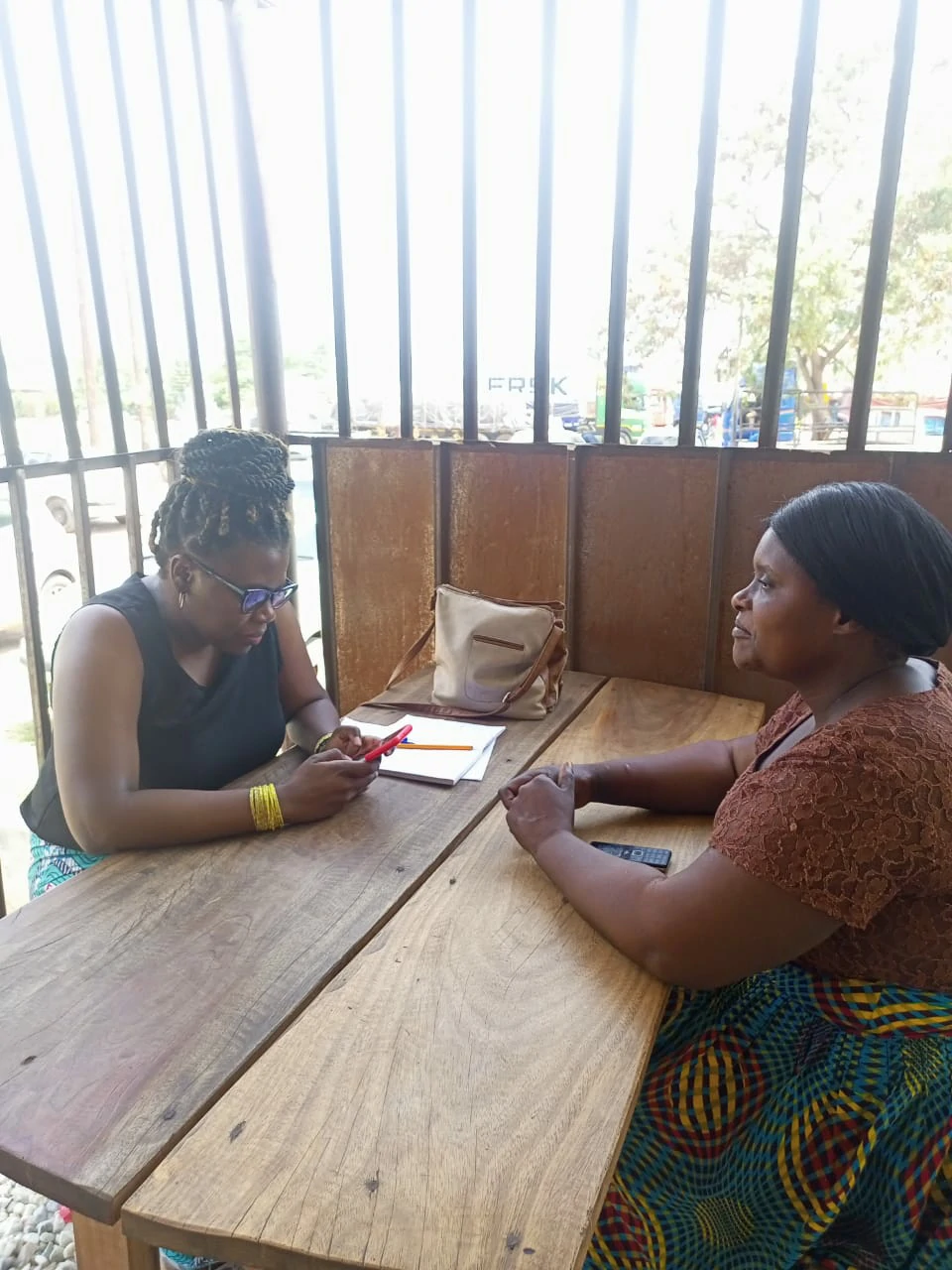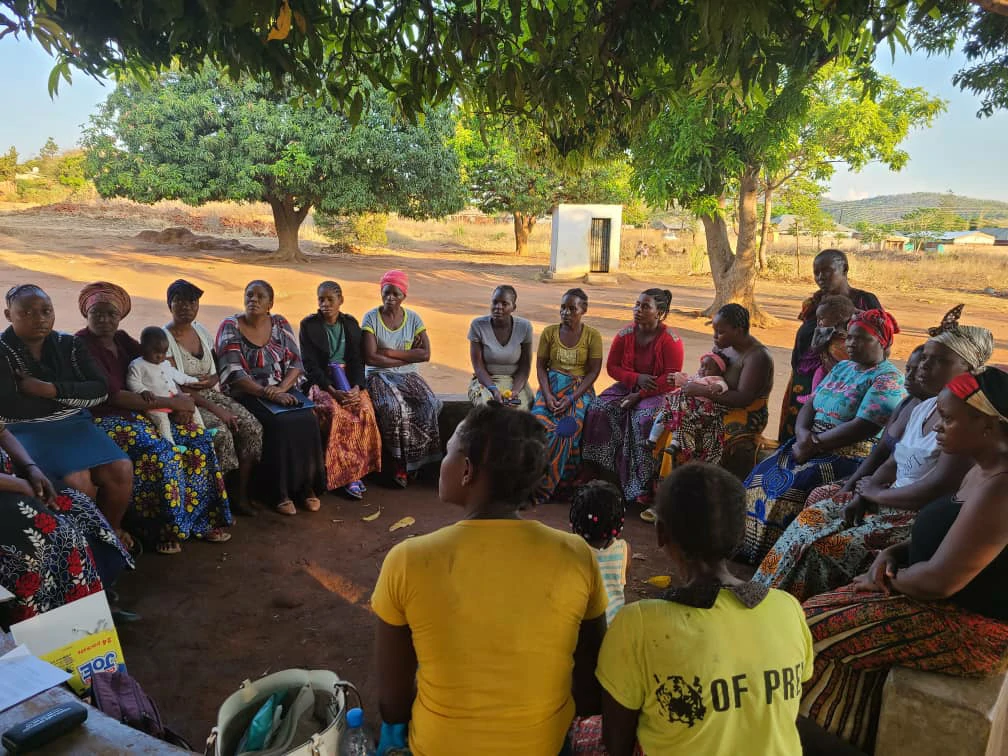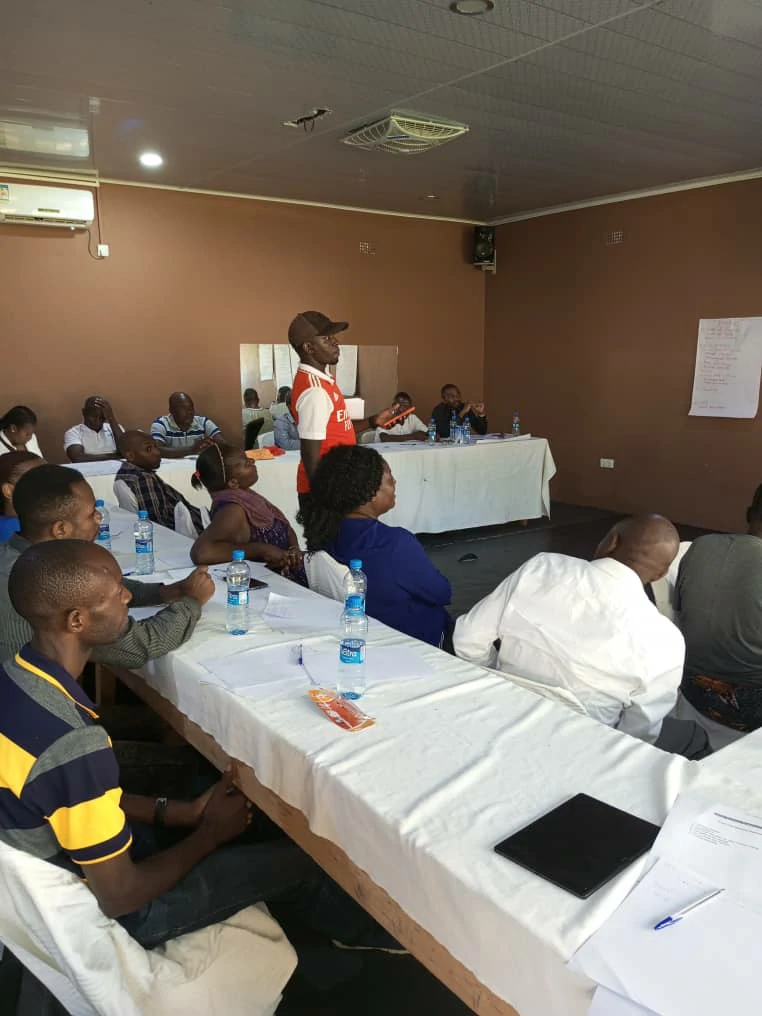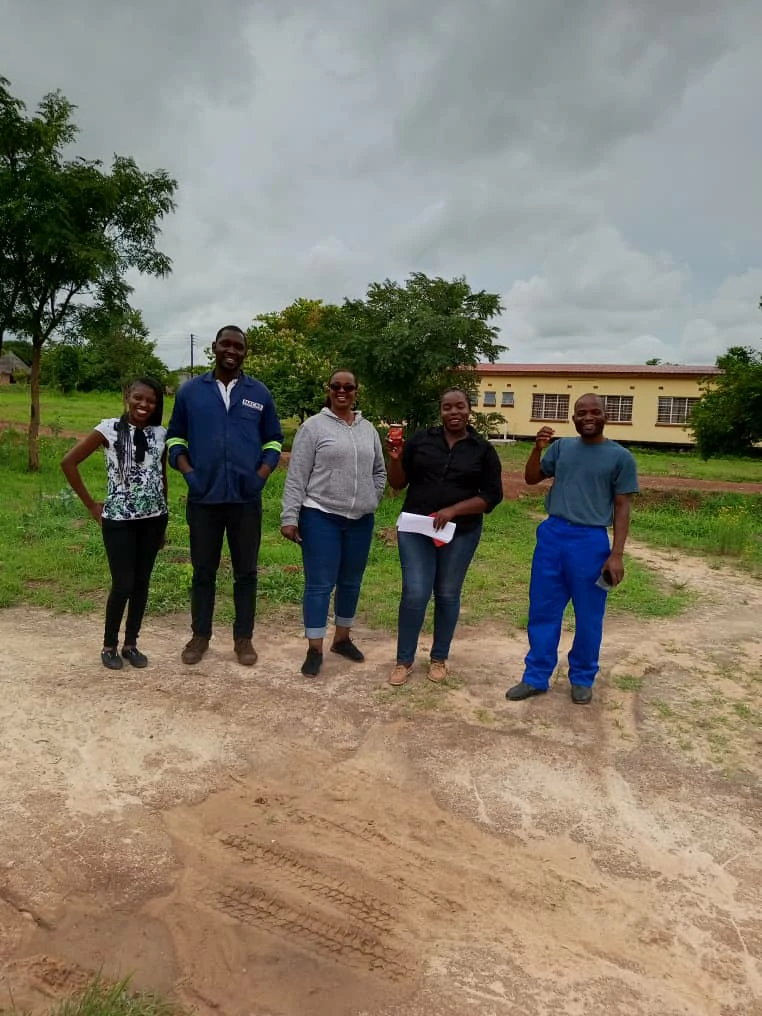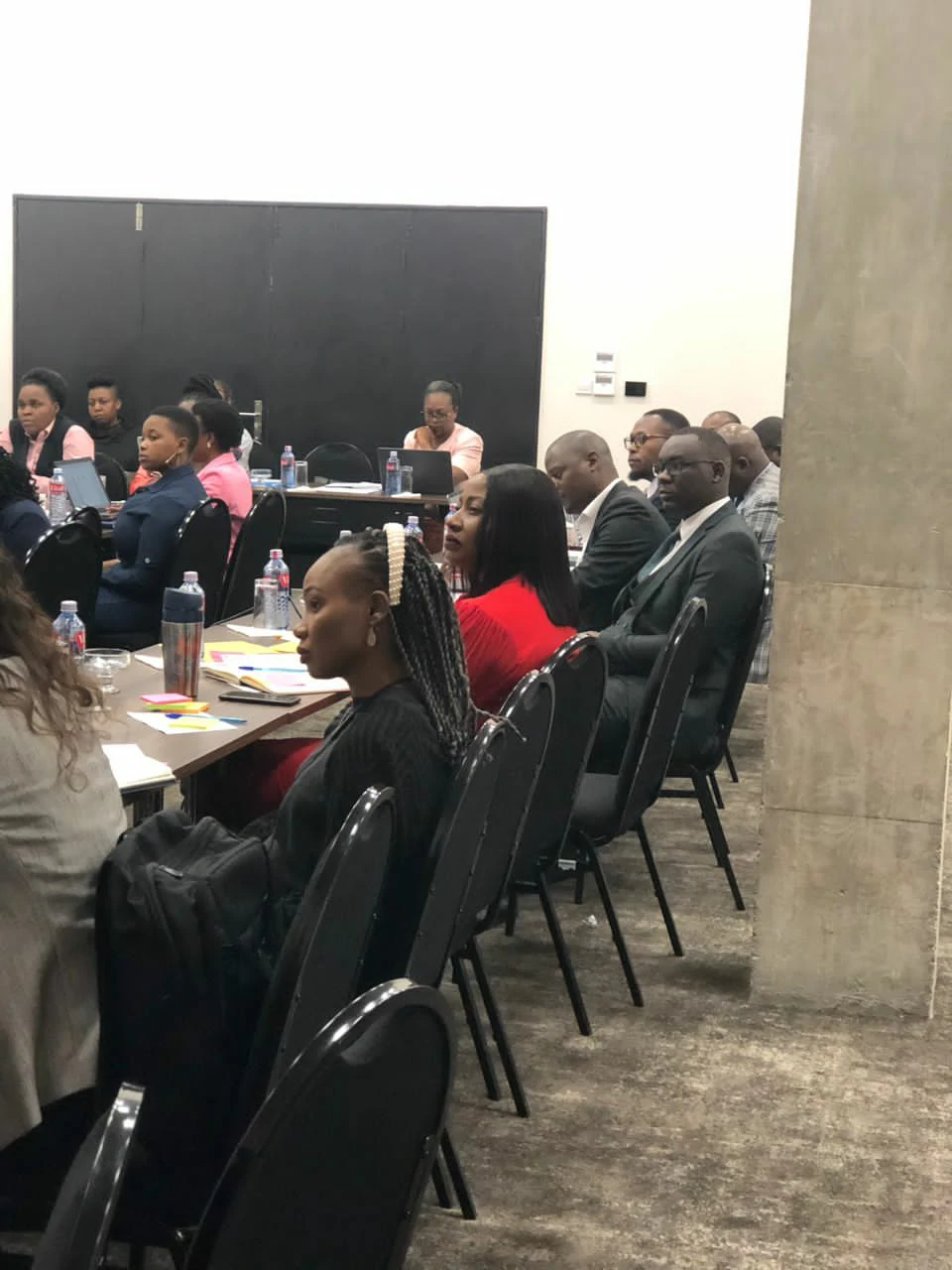Gender Analysis of the Business Environment in Zambia

The objective of this assignment was to identify the factors within the Zambian business environment that have a disproportionate impact on women and Women-Led Businesses (WLBs) in relation to:
- Access to affordable finance;
- Access to quality information;
- Access to markets, Business regulatory environment; and
- Participation in public-private dialogue forums.
To achieve this, a comprehensive research study was conducted in the Southern, Eastern, Central, and Lusaka provinces, focusing on the agricultural, trade, eco-tourism, and energy sectors. The research methodology employed a combination of key informant interviews, one-to-one interviews, focus group discussions, and town hall meetings.
Key informant interviews were conducted with individuals who possessed in-depth knowledge and expertise in the relevant sectors, providing valuable insights into the specific challenges faced by women and WLBs. One-to-one interviews allowed for more personalized and detailed discussions with selected participants, enabling a deeper understanding of their experiences and perspectives.
Focus group discussions were organized to facilitate interactive sessions among groups of women and WLBs, providing a platform for them to share their experiences, challenges, and potential solutions. These discussions fostered a collaborative environment and generated diverse viewpoints.
Town hall meetings were conducted to engage a broader audience, including stakeholders from various sectors and community members. These meetings served as platforms for open dialogue, where participants could express their opinions, provide feedback, and contribute to the identification of key issues and potential solutions.
Through this comprehensive research approach, we were able to gather valuable insights and perspectives from a wide range of stakeholders. This allowed us to develop a comprehensive understanding of the factors affecting women and WLBs in the Zambian business environment, paving the way for the formulation of targeted strategies and solutions to address these challenges.

